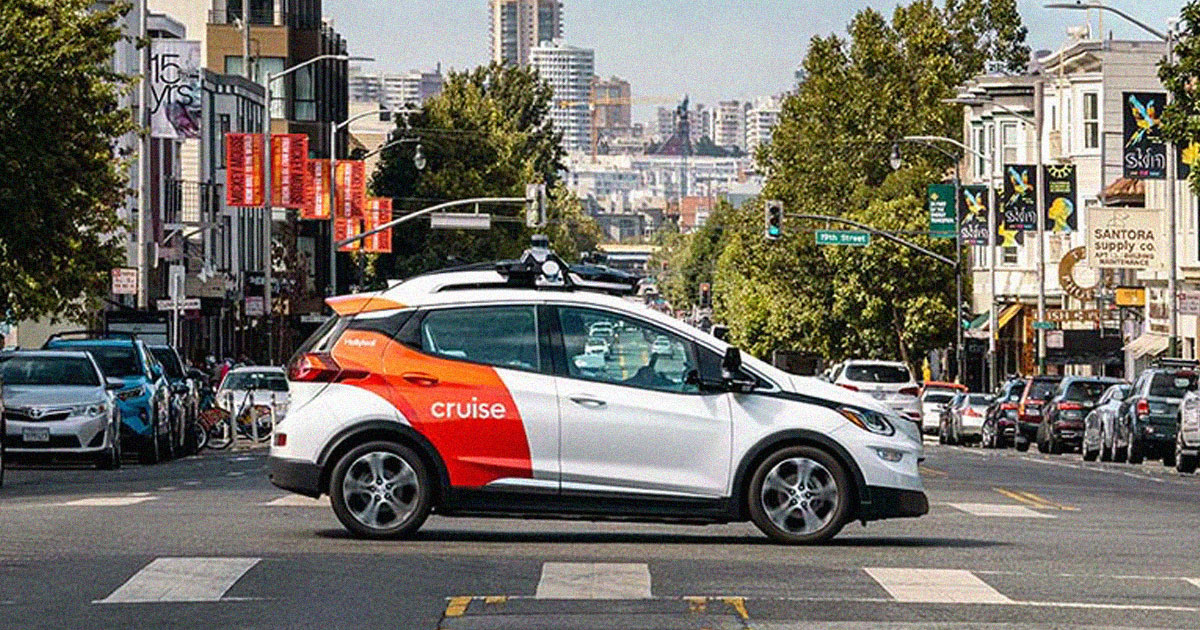
The company is facing an existential crisis.
Cruise Crisis
The crisis at autonomous vehicle company Cruise is deepening.
Last month, the California DMV revoked its license to operate a driverless robotaxi service in the state, following a high-profile crash in San Francisco that involved a Cruise vehicle dragging a pedestrian along the ground in early October.
Since then, the company has made some big changes, recalling its entire fleet of 950 vehicles. Elevating the crisis, The Intercept found this week that Cruise’s safety division has been long aware that its cars struggled to recognize children — and as such risked running them down.
Now, according to audio of an all-hands meeting obtained by Forbes, Cruise is getting ready for layoffs — the latest sign that the driverless robotaxi company and the industry as a whole are in big trouble.
Damage Control
Executives are now attempting to keep the company’s narrative from collapsing in on itself.
In an “important updates” post, the company reiterated that it believes in AVs significantly reducing “the number and severity of car collisions, including the more than 40,000 deaths on US roads each year.”
“We are dedicated to building a better Cruise, and these initial actions are just some of the steps we’re taking as we listen, learn, and improve,” the blog post reads. “We are committed to keeping our customers, regulators, and the public informed throughout this process.”
Following an extremely turbulent couple of weeks, the company announced several changes, including a “voluntary software recall” and the announcement of a “chief safety officer role.”
Corporate Interest
But whether that’ll be enough to appease regulators and convince the public of the safety of its fleet of driverless vehicles remains to be seen.
After many years of incremental technological progress, we still don’t have a clear answer to the question: are autonomous vehicles actually safer?
As far as Cruise is concerned, it’s a resounding “yes.” But the data’s anything but clear, especially considering the sheer number of possible variables and monumental conflict of interest that could greatly skew any claims over the safety of the tech.
Then there’s the public’s conception of safety, which could easily be swayed by grisly new anecdotes.
At the same time, it’s not game over just yet. Besides, Cruise is only one of several companies trying to turn a driverless future into a reality. While the DMV revoked Cruise’s license, its competitor Waymo is still operating a 24/7 service in San Francisco.
“There are going to be tough weeks ahead,” Cruise CEO Kyle Vogt told employees during this week’s all-hands, per Forbes. “There’s probably still going to be negative press and scrutiny and it’s going to take awhile for people to see that we’re serious.”
More on Cruise: Cruise Reportedly Knew Its Robotaxis Struggled to Notice Children and Kept Them on the Road Anyway
Share This Article
